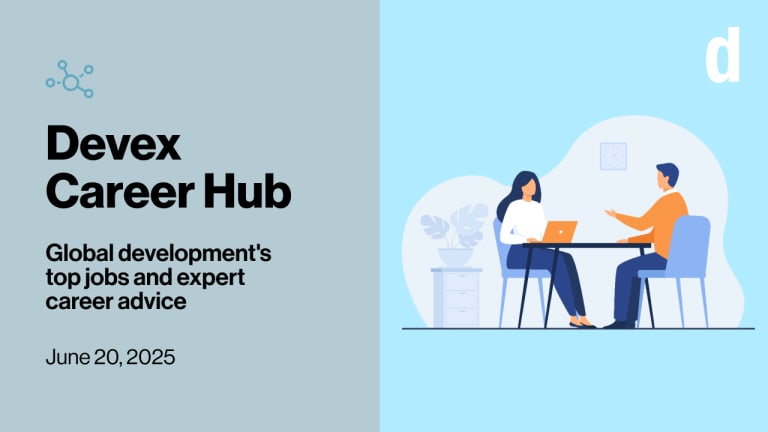You’ve developed a great rapport with your interviewer, answering each question with perfect examples of your experience. You’ve asked insightful questions showing off your keen analytical skills and didn’t even let that gotcha question stump you. By all accounts, you nailed the interview. At least, you think you did.
“We’ll get back to you quickly,” they said, so you start counting down the hours until that inevitable offer comes. But the only thing that follows is silence. “How could I have read everything so wrong?” you wonder, as the days pass and still no word.
“It’s not you, it’s me,” is a common cliché in dating, but the same can be said for the world of hiring.
This article is exclusively for Career Account members.
Unlock this article now with a 15-day free trial of a Devex Career Account. With a Career Account subscription you will get:
- Full access to our jobs board, including over 1,000 exclusive jobs
- Your Devex profile highlighted in recruiter search results
- Connections to recruiters and industry experts through online and live Devex events








